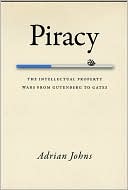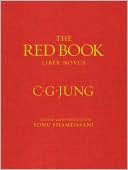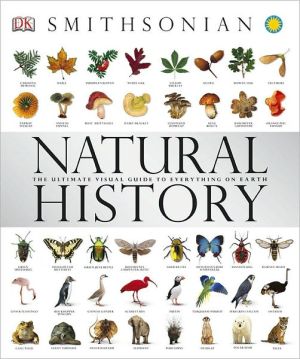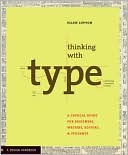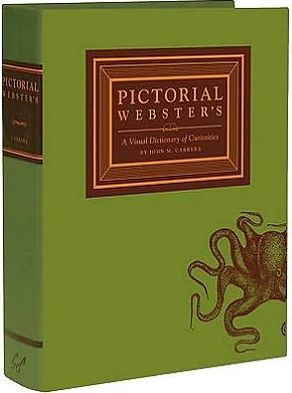Piracy: The Intellectual Property Wars from Gutenberg to Gates
Search in google:
Since the rise of Napster and other file sharing services in its wake, most of us have assumed that intellectual piracy is a product of the digital age and that it threatens creative expression as never before. The Motion Picture Association of America, for instance, claimed that in 2005 the film industry lost $2.3 billion in revenue to piracy online. But here Adrian Johns shows that piracy has a much longer and more vital history than we have realized—one that has been largely forgotten and is little understood. Piracy explores the intellectual property wars from the advent of print culture in the fifteenth century to the reign of the Internet in the twenty-first. Written with a historian’s flair for narrative and sparkling detail, the book swarms throughout with characters of genius, principle, cunning, and outright criminal intent: in the wars over piracy, it is the victims—from Charles Dickens to Bob Dylan—who have always been the best known, but the principal players—the pirates themselves—have long languished in obscurity, and it is their stories especially that Johns brings to life in these vivid pages. Brimming with broader implications for today’s debates over open access, fair use, free culture, and the like, Johns’s book ultimately argues that piracy has always stood at the center of our attempts to reconcile creativity and commerce—and that piracy has been an engine of social, technological, and intellectual innovations as often as it has been their adversary. From Cervantes to Sonny Bono, from Maria Callas to Microsoft, from Grub Street to Google, no chapter in the story of piracy evades Johns’s graceful analysis in what will be the definitive history of the subject for years to come. Publishers Weekly The recording industry’s panic over illegal downloads is nothing new; a century ago, London publishers faced a similar crisis when “pirate” editions of sheet music were widely available at significantly less cost. Similarly, the debate over pharmaceutical patents echoes an 18th-century dispute over the origins of Epsom salt. These are just two of the historical examples that Johns (The Nature of the Book) draws upon as he traces the tensions between authorized and unauthorized producers and distributors of books, music, and other intellectual property in British and American culture from the 17th century to the present. Johns’s history is liveliest when it is rooted in the personal—the 19th-century renegade bibliographer Samuel Egerton Brydges, for example, or the jazz and opera lovers who created a thriving network of bootleg recordings in the 1950s—but the shifting theoretical arguments about copyright and authorial property are presented in a cogent and accessible manner. Johns’s research stands as an important reminder that today’s intellectual property crises are not unprecedented, and offers a survey of potential approaches to a solution. 40 b&w illus. (Feb.)
1 A General History of the Pirates 12 The Invention of Piracy 173 The Piratical Enlightenment 414 Experimenting with Print 575 Pharmaceutical Piracy and the Origins of Medical Patenting 836 Of Epics and Orreries 1097 The Land without Property 1458 Making a Nation 1799 The Printing Counterrevolution 21310 Inventors, Schemers, and Men of Science 24711 International Copyright and the Science of Civilization 29112 The First Pirate Hunters 32713 The Great Oscillation War 35714 Intellectual Property and the Nature of Science 40115 The Pirate at Home and at Large 43116 From Phreaking to Fudding 46317 Past, Present, and Future 497Acknowledgments 519Notes 523Index 593
